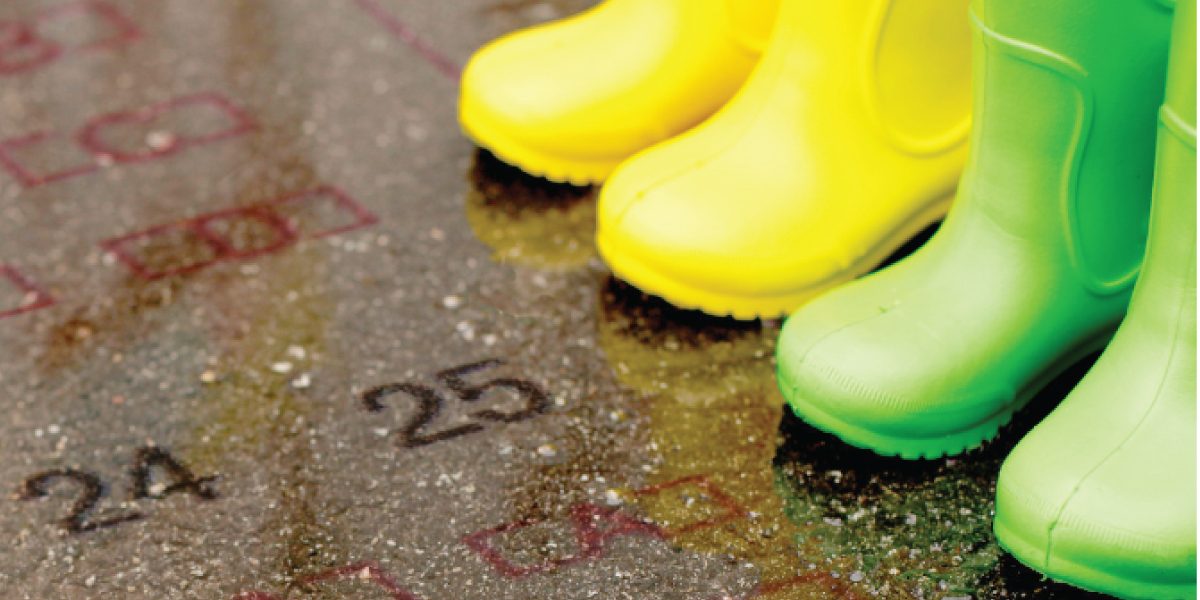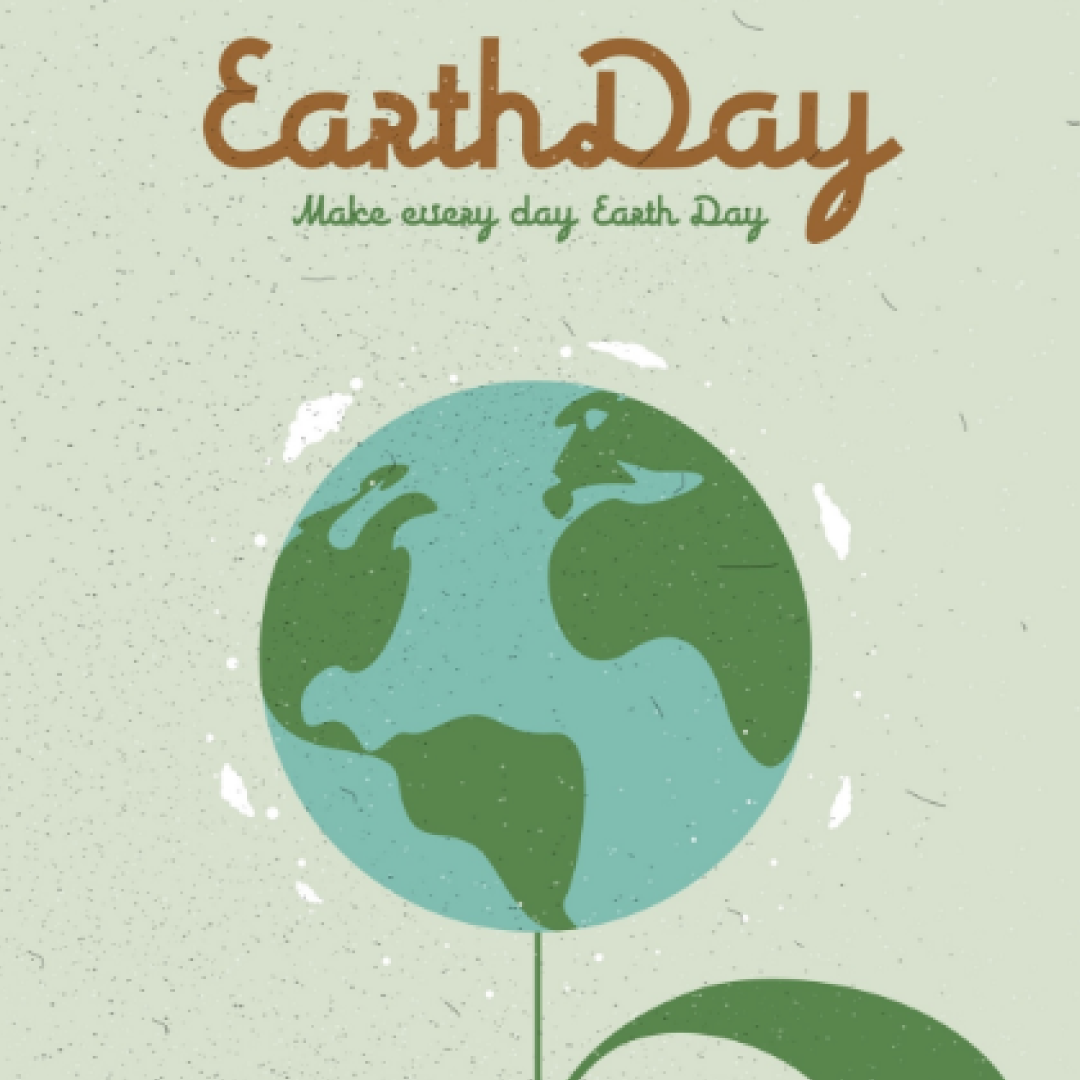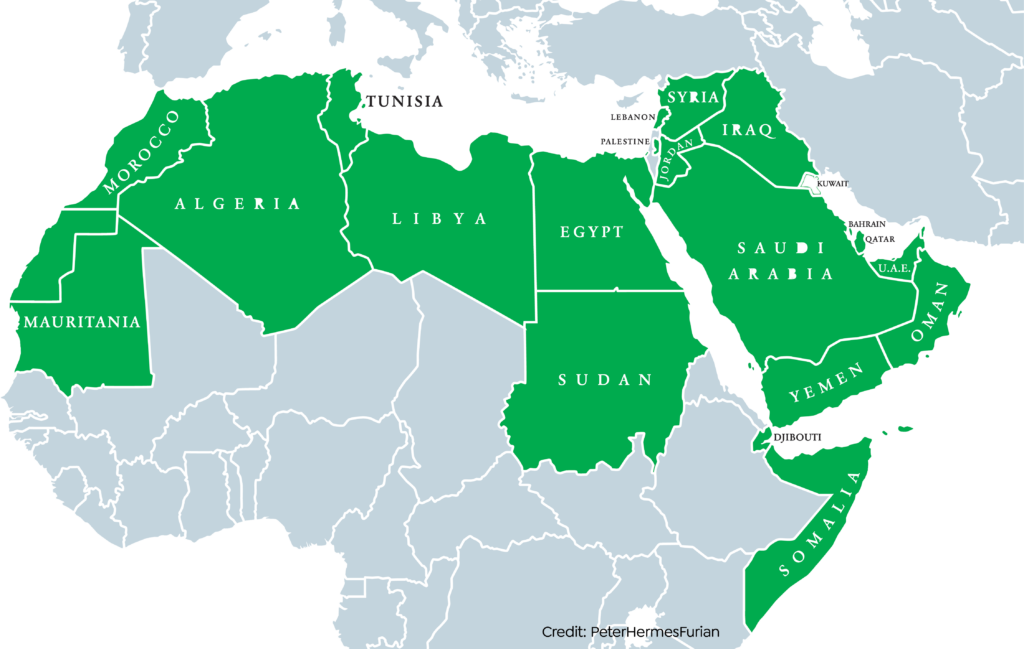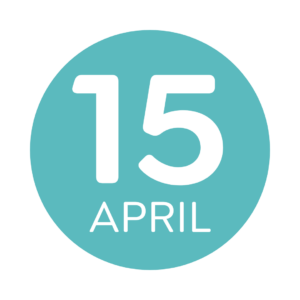
Unlock the  potential of absolutely every learner.
potential of absolutely every learner.
Welcome to TCC’s newsletter, where we share professional learning insight, highlight our community, and keep you in the loop about upcoming events.

State Testing
According to some, April showers bring May flowers, but in education, April showers bring state tests, which is a summative learning experience occurring only once a year. State tests serve as measures of district and school accountability, providing a snapshot of student performance against established benchmarks. They communicate (to educators, community members, politicians, families, future residents, etc.) the extent to which students in that particular school or district achieve proficiency with specific learning objectives and standards during that school year.
Considering the public nature of state assessment results, they often bring an inordinate amount of pressure to teachers and administrators. As educators, it is essential to acknowledge this stress and take measures to refrain from imparting it to your students.
To ensure a positive environment is maintained during testing season, remind your students, as well as yourselves, that you have prepared for this all year. Classroom instruction and formative assessments are aligned to college readiness and state standards, which is what is evaluated on state assessments. As a result, the state assessment is an opportunity to show what has been learned.
The TCC wishes you and your students the best of luck on this test or celebration of learning.
Assessment for Learning
According to John Hattie the goal for educators is to cultivate students that “see themselves as their own teachers” meaning that they can self-evaluate and self-regulate (Hattie, 2015). Students who are their own teachers can nearly triple the speed of their learning (d=1.02) (Hattie, 2023).

When the formative assessment practices are implemented in the classroom, students take ownership of their learning. The formative assessment practices include:
- Co-constructing success criteria
- Using models to annotate and analyze the success criteria
- Providing self- and peer feedback
- Receiving feedback on their feedback
- Engaging in multiple opportunities for deliberate practice
- Asking questions and participating in reflective dialogue with peers and teachers
- Revising work based on feedback
- Setting, monitoring, and celebrating CLEAR learning goals
- Exhibiting and reflecting on positive learner dispositions or habits
Assessment for learning occurs when these practices are implemented in concert. When educators implement these practices, students are provided “the stuff” they need to become their own teachers by asking and answering the guiding formative questions:
- Where am I going? and Why?
- Where am I now?
- Where to next? and How will I get there? (Bloomberg and Pitchford, 2023)
To determine where you are with implementing assessment for learning, use this self-assessment tool.
Our School
Moving Out of School Improvement
We want to celebrate PS 78 in Staten Island who have worked their way off of the Comprehensive Support and Improvement List! Read how they did it!
Our Partner Consultants

Paul J. Bloomberg, Ed.D.
Dr. Paul Bloomberg, an experienced educator, author, leader, and presenter and the founder and CEO of The Core Collaborative has had an impact on learning internationally. In all of his work, he focuses on developing assessment-capable, emotionally-capable, and socially-capable learners. Read more about Dr. Bloomberg.
Loan Mascorro

Loan Mascorro provides professional learning support and works with educators at all levels to improve instructional and
leadership practices. In all of her partnerships, she pulls from her experience as a teacher, assistant principal, principal, and author. Read more about Mrs. Mascorro.
Earth Day

EarthDay, observed annually on April 22nd in the United States, marks a pivotal moment in the environmental movement’s history. Established in 1970, Earth Day emerged as a response to the growing concerns over environmental degradation, pollution, and the ecological impacts of industrialization and to build awareness of how interconnected our world has become. The inaugural Earth Day sparked widespread advocacy by Americans from diverse backgrounds, leading to the creation of landmark environmental legislation such as the Clean Air Act, the Clean Water Act, and the establishment of the Environmental Protection Agency (EPA). Since then, Earth Day has evolved into a global phenomenon, mobilizing communities worldwide to address pressing environmental challenges and champion sustainable practices.
There are many ways to celebrate and honor Earth Day. Schools can organize campus-wide clean-up events, tree-planting initiatives, or garden projects to promote sustainability and beautify their surroundings. They might participate in eco-friendly art projects using recycled materials, organize educational workshops on topics like renewable energy and waste reduction, or even launch campaigns to encourage classmates to adopt eco-conscious habits like composting or reducing single-use plastics. Additionally, schools can host virtual events such as webinars, film screenings, or guest speaker sessions to engage students in meaningful discussions about environmental justice and climate action. For more ideas, visit Earthday.Org.








